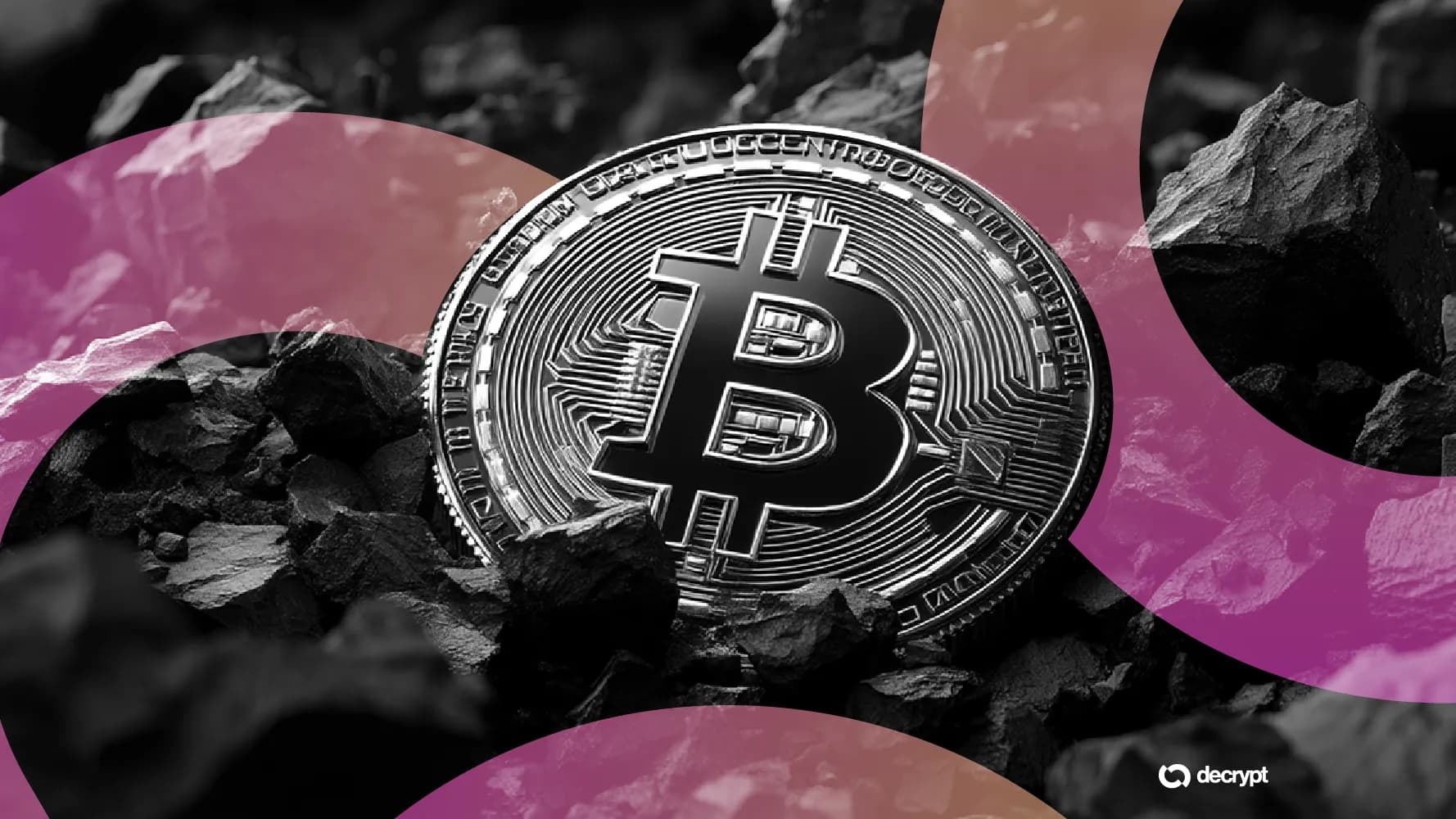Bitcoin Goes Slack as US Strike on Venezuela Sparks Turmoil Ahead of Fed Meeting

News Summary
The U.S. recently conducted two strikes on alleged Venezuelan drug trafficking vessels, killing 14 people in total and escalating tensions with President Maduro. Venezuela has accused U.S. President Trump of attempting to draw the country into "a major war." Despite the geopolitical turmoil, Bitcoin's price remains relatively stable at $115,018, having gained 0.2% in the past day but down 2.7% over the last month. Analysts at crypto exchange Bitunix warn traders to monitor for escalation in Venezuela, watching Bitcoin's resistance at $117,000-$118,000 and supports at $114,000 and $111,000. They advise reducing leverage and limiting single-position exposure in case of abrupt developments. Despite heightened global tensions, prediction markets (Myriad and CEM FedWatch Tool) show 90% to 96% of traders anticipate a 25-basis point Fed rate cut tomorrow, with expectations for a 50-basis point cut having significantly faded. Broader market indicators suggest the Venezuela situation has given traders pause, with the CBOE Volatility Index (VIX) rising 1.69% over the past 5 days to 15.66, and the Merrill Lynch Option Volatility Estimate (MOVE Index) increasing 4.79% yesterday to 76.88.
Background
Tensions between the U.S. and Venezuela have been long-standing, with the U.S. accusing Venezuelan vessels of ties to "narcoterrorists" and Venezuelan President Maduro retaliating that the Trump administration is trying to instigate a war. Such geopolitical friction carries potential implications for stability in the Latin American region and global energy markets, particularly given Venezuela's role as a significant oil producer. Bitcoin, as a decentralized digital asset, is often perceived as a safe haven during traditional financial market volatility, yet its price can also be influenced by macroeconomic events and geopolitical conflicts. Concurrently, the Federal Reserve's monetary policy decisions, especially interest rate adjustments, play a decisive role in global financial market liquidity and investor sentiment, including for cryptocurrencies. Market volatility indexes, such as the VIX and MOVE, are key gauges of investor expectations regarding future market risk and interest rate fluctuations.
In-Depth AI Insights
What strategic interests might be driving the Trump administration's kinetic actions against Venezuela, beyond stated anti-narcotics efforts? - Regional Influence and Regime Challenge: The actions may aim to further weaken the Maduro regime, test its international support, and enhance U.S. regional influence in Latin America. - Domestic Political Messaging: Domestically, this could be framed as President Trump's tough stance on crime and drug trafficking, appealing to key voter segments. - Diversionary Tactic: Military actions might also serve as a strategy to divert public attention from other domestic or international policy challenges. Why is Bitcoin's reaction to this geopolitical turmoil relatively muted compared to traditional safe-havens, and what does this imply for its maturity as an asset? - Market Focus on the Fed: The market appears to be prioritizing the imminent Federal Reserve interest rate decision, viewing its impact on liquidity and risk appetite as outweighing local geopolitical conflicts. - Macroeconomic Narrative Dominance: This suggests that in the current market environment, monetary policy and macroeconomic outlook may exert more influence on Bitcoin's price than isolated geopolitical events, reflecting its deeper integration into the broader financial system. - Increased Maturity: Compared to its earlier volatile reactions to any "black swan" event, Bitcoin's stable response to regional conflict may indicate a more mature market structure, with traders better able to digest sudden events, moving beyond its perception as a fringe asset. Given the dual uncertainties of geopolitics and monetary policy, how should investors re-evaluate their allocation to risk assets, particularly cryptocurrencies? - Differentiate Risk Types: Investors need to distinguish between macroeconomic (e.g., interest rate policy) and geopolitical (e.g., regional conflict) risks, assessing their relative impact on different asset classes. Fed rate cut expectations remain a key driver for risk assets in the short term. - Monitor USD and Treasury Flows: In times of geopolitical tension, the attractiveness of the U.S. dollar and Treasuries as traditional safe havens will increase, potentially competing with Bitcoin's safe-haven narrative. - Enhance Scenario Planning: Given the rising volatility indexes, investors should prepare for multiple scenarios (e.g., escalation in Venezuela, shifts in Fed policy) and manage risk through reduced leverage and diversified portfolios. Specific support and resistance levels in the crypto space become critical for short-term trading.